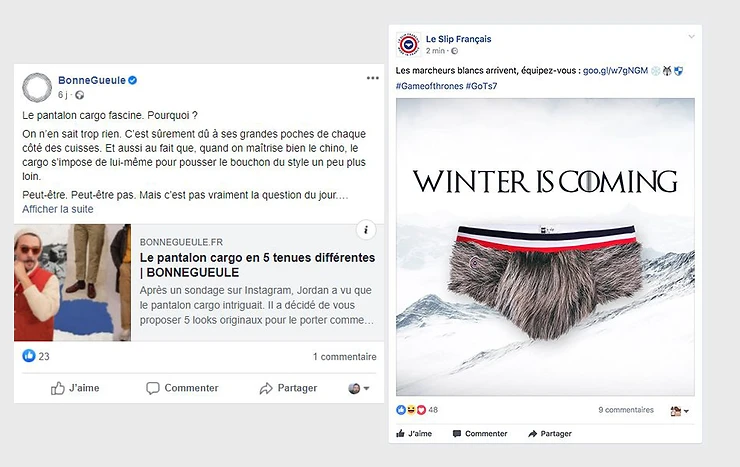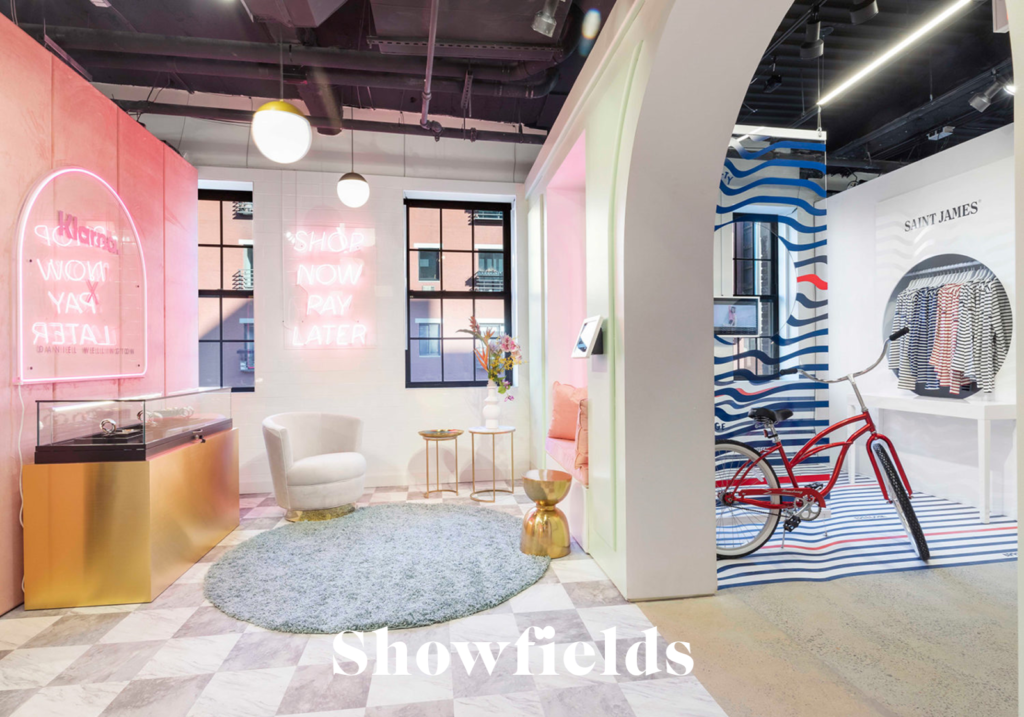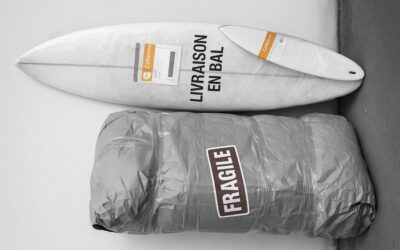Recently, we have witnessed many industrial and economic revolutions thanks to the arrival of digital. The concept of Digital Native Vertical Brands (or DNVB) is part of these revolutions.
Quésako ?

One of the primary characteristics of these brands is that they are vertically integrated, i.e. they carry out the different stages of the process before the product is put on the market, from the design of the product to its marketing. Thanks to this vertically integrated model, a DVNB has the ability to distribute its products directly to consumers via the web.
Bon ! Et c’est bien ou pas bien ?
Thus, if the DNVB sont statutairement des entreprises, ce sont avant tout des marques qui créent une relation directe, simple et chaleureuse avec leur communauté. Il se crée alors entre elles et leurs clients une relation de confiance et de proximité qui font leur force, mais également les rendent vulnérables à la moindre déception ou promesse non tenue.
These brands highlight their artisanal or local manufacturing, their respect for the environment or their values of transparency. Websites, blogs and social networks offer them a unique way to "tell their story", to showcase themselves, to create commitment and proximity and to build close ties with their community, like the menswear brand Bonne Gueule which has gone from a simple men's fashion blog to a line of its own.
Creative, the brand is inspiring for its community. These new brands play with finesse and create a universe of their own, unique, singular and in which the community they lead will immerse itself and find itself.
Sa manière de communiquer peut-être drôle, décalée voire mémorable, comme chez My Flying Box

Ok, c’est sympa, mais pourquoi en faire tout un pataquès ?
The DNVBs are created on niches and, therefore, come to answer precise needs and desires of their consumers contrary to the big distributors who standardize the tastes in the four corners of the world. In addition, DNVBs put marketing at the service of their customers by going to meet them, asking them questions and offering them optimal service. We are in an era of intelligent, honest and transparent marketing, fostered by social networks (especially Facebook and Instagram).
Their success is based on 3 pillars:
🚀 Quality: DNVBs put forward the know-how, the quality of the products, the respect of the work. The brands, moreover, do not hesitate to offer a limited number of products in their early days to meet this notion of quality.
🚀 Réseaux Sociaux : Ils constituent un élément clé pour véhiculer les valeurs de la marque, son univers et son histoire, mais aussi pour communiquer auprès de sa communauté. Ils sont aussi une formidable source d’écoute du client.
🚀 Expérience : Élément clé dans la stratégie de ces DNVB, l’émotion y est centrale pour ces marques qui cherchent à établir une connexion plus émotionnelle avec leur communauté.
Expérience ? hummmmmm… 😍
Ces marques font évoluer la relation client et n’hésitent pas à casser les codes pour se distinguer. Andy Dunn, à l’origine de l’appellation DNVB, écrivait en 2016 pour l’expliquer, que « la DNVB est axée de manière maniaque sur l’expérience client ». L’indicateur clé pour ces marques est le Net Promoter Score, c’est-à-dire l’avis des utilisateurs sur internet.

DNVB at My Flying Box
N’est pas DNVB qui veut, mais oui, chez My Flying Box, nous sommes fiers de compter ces noms d’oiseaux among our customers. Come on, a little advertising won't hurt them either!

But Noliju is also an ethical brand and that's why all products are made from European fabrics and made in Europe.

L’idée de la Love Box, c’est d’envoyer des jolis petits messages d’amour à votre moitié, votre famille et pourquoi pas votre ex ! Une jolie boîte en bois de hêtre, un cœur tout beau, que l’on peut personnaliser et qui tourne à la réception du message d’amour via une connexion internet. Voilà le concept de My Love Box. Comme quoi, l’amour, ça ne tient à rien !
![]()
In conclusion
You will have understood, the DNVB are not an insult, (far from it)! These new marketing players have based their strategies on vertical integration, on strong notions of respect for products (know-how, materials, tradition, ...) but above all by listening to their customers through social networks, priority channels for their communications.
This notion of "ethical" commitment plays with the borderline of responsible, social and economic commitments of companies. For a long time, SMEs, ETIs and large groups have integrated these notions of CSR (see our article on CSR commitments in the transport sector, ne serait-ce que parce que les lois, les normes les y obligeaient, mais aussi les salariés ou les consommateurs. Beaucoup d’entreprises se sont créées dans ce sens, encouragées par des consommateurs qui adhèrent sans réserve à ces nouvelles marques, dont ils voient vivre et évoluer leurs créateurs ou leurs créatrices. Ils en connaissent le combat et partagent leurs valeurs.
These "Impact Native For Good" (INFGs) are companies that embed impact in every vessel and at every level of the business.



